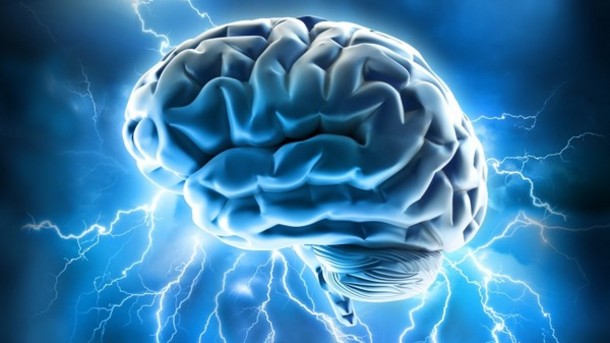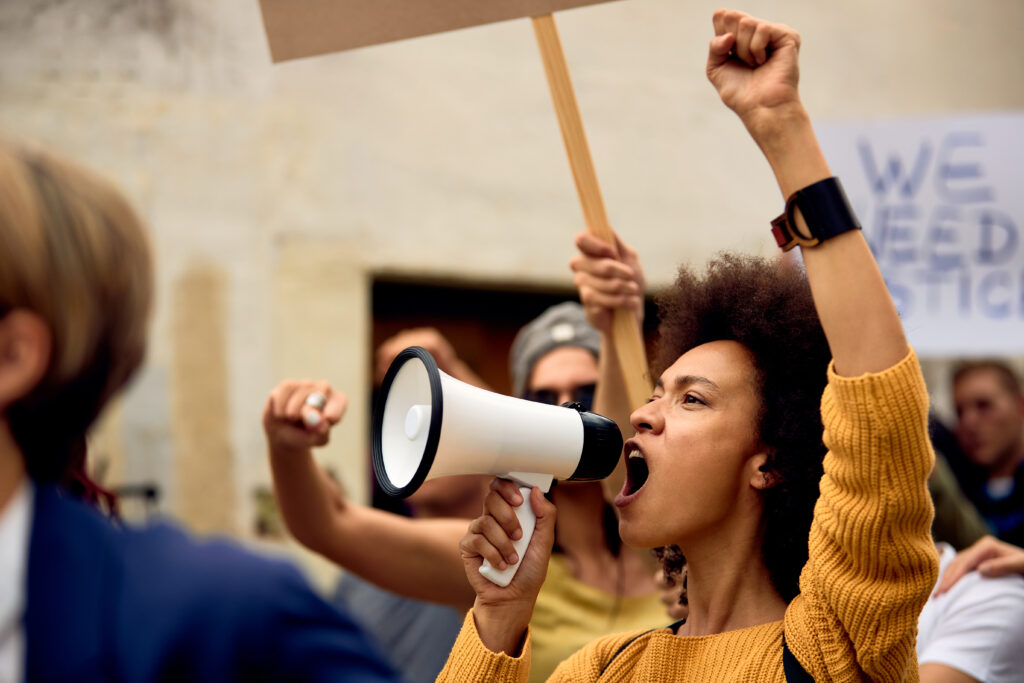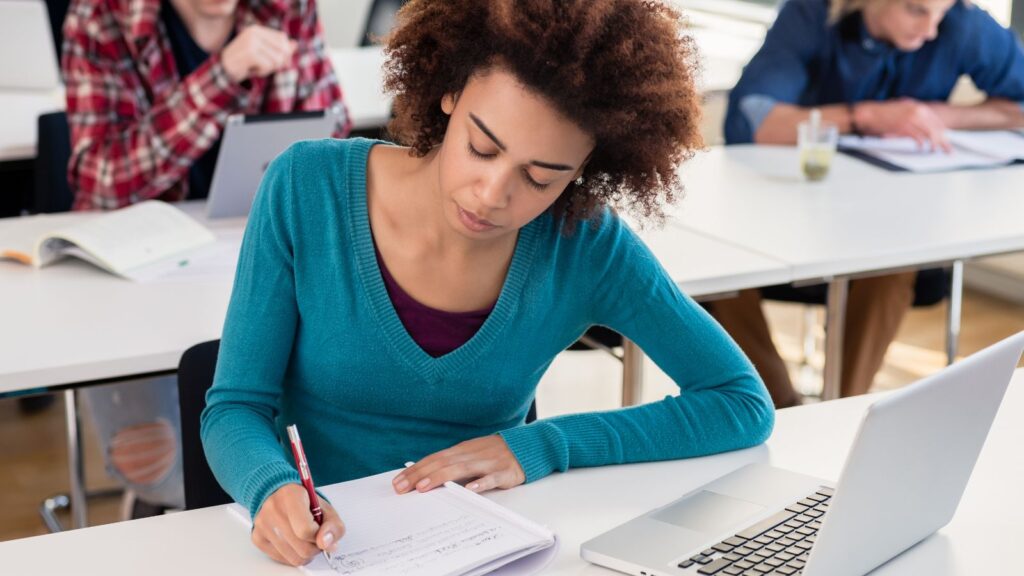 These questions were sent to me by schools as part of a competition I ran for Blame My Brain. There were masses more questions but I’ve picked out some related to study skills and exams. I love how interested all the pupils were!
These questions were sent to me by schools as part of a competition I ran for Blame My Brain. There were masses more questions but I’ve picked out some related to study skills and exams. I love how interested all the pupils were!
1. “I find that doodling or having something to fiddle with actually helps me concentrate. How is this is explained by what’s going on in the brain?”
Some people find this (and others don’t). There’s some evidence that boys more often need to fidget; and that some people with ADHD concentrate better if they can fidget and move. Perhaps the act of sitting still is such an effort that it stops you being able to focus on other things. If it works for you, do it (but find a way that doesn’t annoy the people near you!)
2. “Why do different people find different revision techniques more effective?”
Because people’s brains just are different! They are the same in hundreds of ways but also different in hundreds of ways. Find what works for you but be open to trying new methods, too. Your learning styles are not fixed.
3. “Is there a time of day when 15-year-old brains work at their best?”
Well, everyone’s a bit different but in general you will not work at your best in the morning. That’s because you need an average of 9 + 1/4 hours of sleep but are almost certainly getting much less than that. Your “body clock”, the cells which regulate sleep by switching on and off melatonin, makes you sleepy at about 11pm and then you have to get up before you’ve had enough sleep. When schools have experimented with later starts for teenagers, it has had a good effect on concentration etc but it has other disadvantages.
Some research shows that you may be at your most wakeful when school is just finishing!
But one thing we do know is that good sleep is important and will help you work better and feel better. There are lots of suggestions on my website – and a whole sleep-related blogpost coming up soon.
4. “Does practice make perfect and, if so, how?”
It’s hard (and unlikely) to be perfect at things but practice definitely makes us better at things and makes things easier. And how this works is actually fairly simple to explain: when we try to do something, our brain sends electrical messages along the correct network of neurons (brain cells); if the networks aren’t there, or are weak, the messages can’t travel; every time we try to do the thing, the connections and networks grow a bit stronger, so it’s easier the next time we try. When we’re learning something, we often make mistakes – in other words, use the wrong networks – and there’s evidence that when we sleep, these wrong networks are cleared away and the correct ones strengthened. So, the message is: keep practising because you will get better and everything will become easier. If you find something easier than your friend, it could be because your networks for that activity are stronger – but your friend is probably better than you at something else.
I encourage everyone, of every age, to find out more about their brain and how to use it well!
Nicola Morgan
Other posts by Nicola:
Exam Tips 5 – Good strategies to deal with stress
Exam Tips 4 – Anti-panic strategy
Exam Tips 1 – Creating a revision timetable
Nicola Morgan is an award-winning writer for teenagers and the author of Blame My Brain and The Teenage Guide to Stress. She offers training on aspects of adolescence and has created Brain Sticks™, teaching resources about the brain and mental health. Nicola is proud to be a co-author of Collins GCSE Study Skills publishing September.
Copyright © Nicola Morgan 2014


